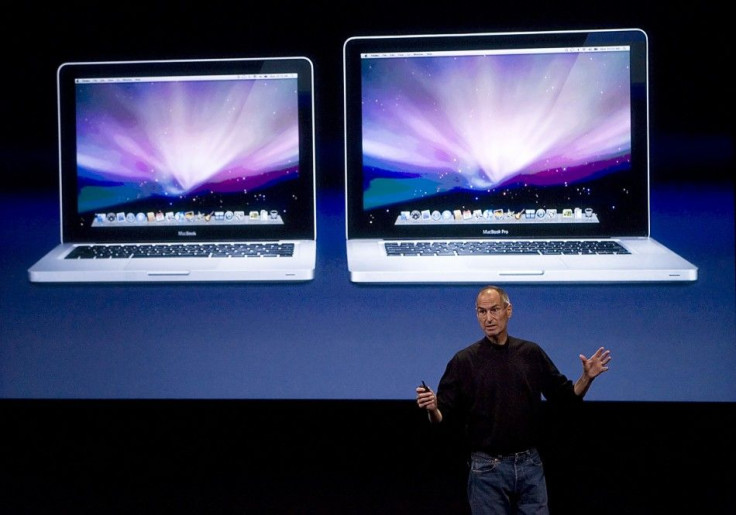New MacBook Air unlikely to hit shelves until 'Lion' starts roaring

Technology giant Apple Inc. is reportedly holding back the launch of its new MacBook Air notebook and other products till its Mac OS X, dubbed as Lion starts roaring.
According to rumors circulating on the Internet, Apple has called stops on the release of its new MAcBook Air until OS X Lion's launch is finalized. Lion is expected to hit the market in July.
Reports say Apple's Chinese manufacturing partners could be ready to ship MacBook Air hardware, but that Apple would rather have the new version of its ultra thin notebook have latest of Mac OS X, which will be the eighth upgrade of its desktop and server operating system for Macintosh computers.
Current MacBooks are powered by Mac OS X 10.6 (Snow Leopard), which was released in June 2009, and the OS X Lion represents a quantum leap forward in terms of OS advancement.
Besides supporting Apple's new iCloud services, the Mac OS X Lion, which was unveiled at the WWDC, sports more than 250 new features and 3,000 new developer APIs. Apple had promised the new version will be available to customers in July as a download from the Mac App Store for $29.99.
The new iPhone, iPod and other new Apple mobile devices will also reportedly not be launched until iCloud-enabled iOS 5 is released, AppleInsider said.
The best version of OS X yet, Lion is packed with innovative features such as new Multi-Touch gestures, system-wide support for full screen apps, and Mission Control for instantly accessing everything running on your Mac, Apple's senior vice president of Worldwide Product Marketing Philip Schiller said.
Meanwhile, J.P. Morgan's Mark Moskowitz expects that Apple would sell an average 700,000 MacBook Air units over the next four quarters as the new models released last October sell like crazy in the Christmas quarter and initial run rate seems to be sustainable. MacBook Air sales grew 2.9 percent the following quarter, compared to a 10 percent quarterly drop for the rest of the PC industry.
© Copyright IBTimes 2025. All rights reserved.




















